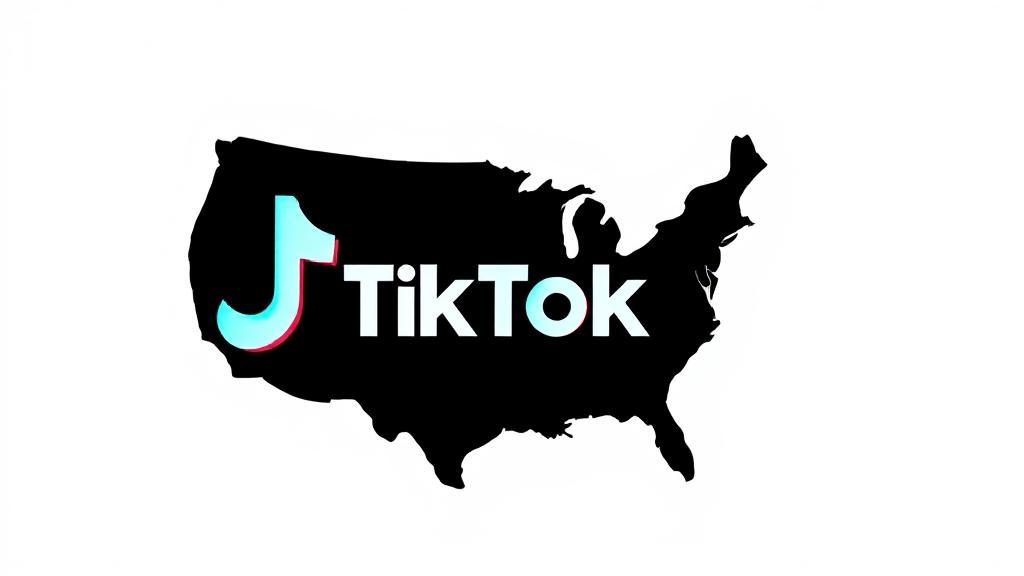Introduction
In recent years, TikTok has emerged as a dominant force in the social media landscape, captivating millions of users with its short-form video content. However, its future in the United States remains uncertain due to ongoing discussions about a potential ban. With over 100 million active users in the United States, TikTok has become a significant player in the American social media ecosystem.
Background and Security Concerns
TikTok, owned by the Chinese company ByteDance, has faced intense scrutiny from U.S. lawmakers and regulators over concerns related to data privacy and national security. The platform's data collection practices have raised particular alarm, including:
- User location information
- Device identifiers
- Browsing history
- Message contents
- Biometric data
The primary concern is that the Chinese government could potentially access user data collected by TikTok, posing a threat to U.S. national security. For more detailed information on these concerns, you can refer to this article by the Council on Foreign Relations.
Content Moderation and Influence
Additional concerns include:
- How TikTok moderates content
- Whether it censors content critical of the Chinese government
- Potential influence on public opinion
- Possible interference in political processes
Legislative Actions and Ban Potential
Several legislative initiatives are currently in motion:
- The RESTRICT Act
- State-level bans on government devices
- Proposed complete nationwide ban
The RESTRICT Act would give the Department of Commerce broader powers to review and potentially ban technologies from foreign adversaries. While not explicitly targeting TikTok, the legislation could provide the legal framework necessary for a nationwide ban.
Legal and Political Challenges
Any attempt to ban TikTok would likely face significant legal challenges:
- First Amendment concerns
- Impact on U.S.-China relations
- Effects on American businesses
- Technical implementation hurdles
Economic Impact
A potential TikTok ban would have far-reaching economic consequences:
"My entire business is built on TikTok. A ban would essentially force me to start from scratch on other platforms." - Anonymous content creator
Alternative Scenarios
Several potential outcomes could emerge:
-
Continued Operation with Restrictions: TikTok might operate under stricter regulations or with a U.S.-based partner.
-
Project Texas: TikTok's data security initiative aims to store U.S. user data exclusively on American soil through partnership with Oracle.
-
Forced Sale: ByteDance might sell TikTok's U.S. operations to an American company.
-
Complete Ban: Although less likely, a complete ban remains possible if security concerns cannot be addressed.
Impact on Social Media Landscape
If banned, competing platforms would likely benefit:
- Instagram Reels
- YouTube Shorts
- Snapchat Spotlight
Technical implementation of a ban would involve:
International Precedent
Other countries have already taken action against TikTok:
- India banned the app in 2020
- Several European nations have restricted its use on government devices
- Australia has implemented partial bans
Looking Ahead
The future of TikTok in the United States depends on several factors:
- Geopolitical relations between the U.S. and China
- Success of data security measures
- Legislative developments
- Public opinion and user advocacy
For ongoing updates on this topic, you can follow TechCrunch and The Verge.
As this situation continues to evolve, businesses, creators, and users would be wise to diversify their social media presence and prepare for potential significant changes in the digital landscape.
